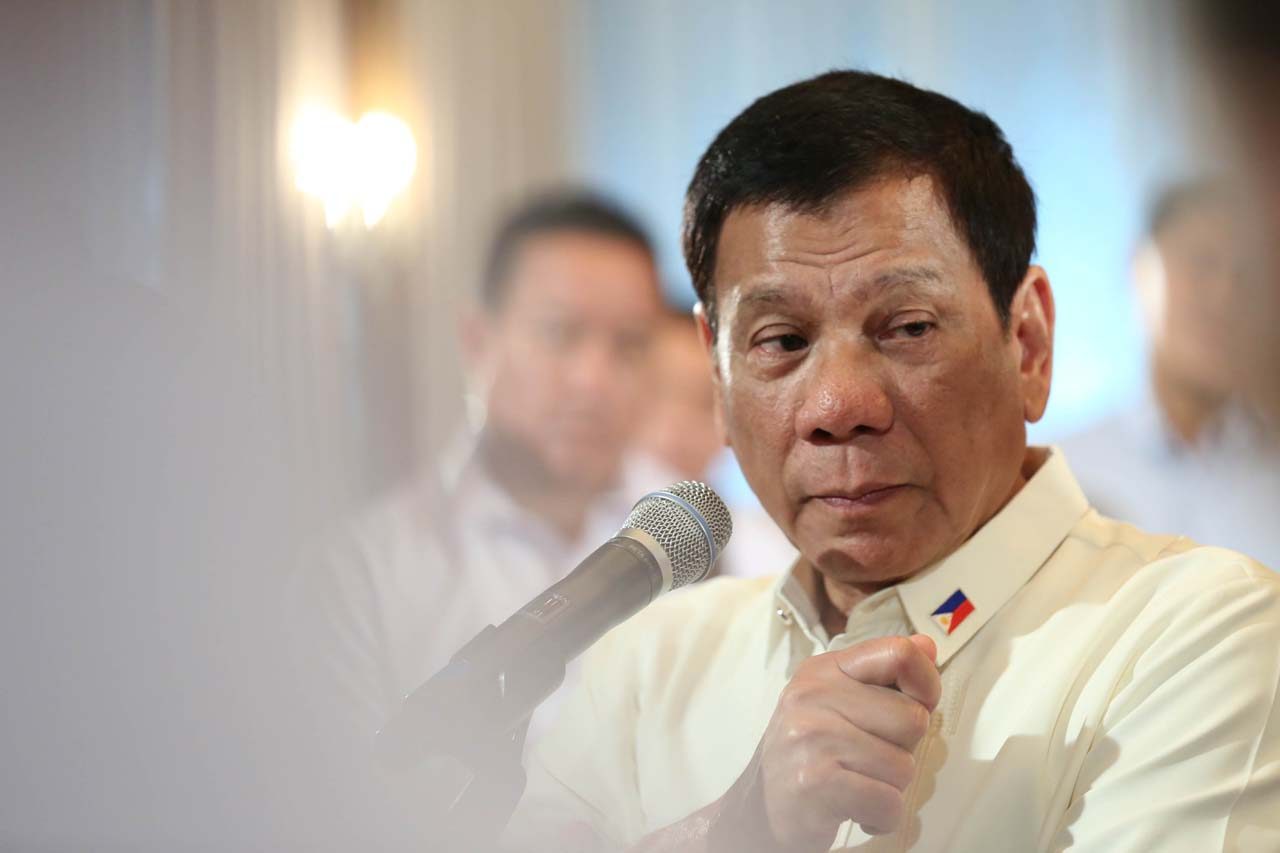SUMMARY
This is AI generated summarization, which may have errors. For context, always refer to the full article.

It has all the elements of the telenovelas that enamor this curious nation that we are — a married man falling for a highly-placed woman, uncoupled from her earlier partner by a failed marriage, power and money, mansions and escapades. But that’s the fodder for gossip, and we have more important tasks at hand.
Early in the presidency of Mr. Duterte, I foretold that one of his toughest problems would be learning that there was a gulf of a difference between “local” and “chief” as modifiers of the word Executive. I smelled trouble when, immediately after his election, he wanted to be known as the Mayor of the Philippines. The Presidency is no mere projection on a national scale of the ways of a town or a city mayor. The ropes have to be learned by which the powers of the Executive are reined in so that all three branches of government are in sync.
That is no easy task, especially for one who has gotten things expeditiously done at his word! This explains why he took a swipe at the Chief Justice who reminded him that disciplinary authority over members of the judiciary vested solely in the Supreme Court. This is also the reason that he chafes at a Senate investigation into the arrest and, many times, the deaths of suspected drug peddlers and pushers. Not that he fears attribution. He rather resents obstruction — although, of the theory, he is very well cognizant. In his eagerness to rid the country of what he rightly perceives to be at the root of so much evil, he does not look too kindly on those who, to him, stand in the way!
Of course, the Legislature — that part, at least, that does not count itself in the “super-majority” — and the Courts will protest that they are only doing their duty, and they will be right, but that is exactly the problem of checks and balances. It is a challenge congenital to any government that accepts separation of powers and a constitutional allocation of competence!

After all it is not only the President who can overreach. There have been complaints in the past, not altogether unjustified, that the chambers of Congress were overdoing investigations — and were, in effect, playing prosecutor. And there is nothing that more easily lends itself to exaggerated claims of competence than the so-called “expanded certiorari power” of the Supreme Court — of the judiciary, exactly, but hardly anyone ever turns to the lower courts in the matters of “transcendental importance”.
The matter of the burial of Ferdinand Marcos at the Libingan ng Mga Bayani is a case in point. My own personal heresy is that the Supreme Court should have made short shrift of the petitions and dismissed them outright. Baker v. Carr still makes a lot of sense, and when there are no judicial tools by which to resolve an issue — like who should be buried where — then the issue is not justiciable. That brand of judicial hospitality that readily accepts petitions against government actions or legislative enactment cannot be helpful. Sometimes, it comes in the form of the counter-majoritarian difficulty. At most times, it is really undue judicial breadth, plain and simple!
The plan of the Lower House to investigate Senator Leila de Lima is another example of over-reach. What will it conduct an investigation or hearings for? In aid of legislation? Under the Neri Doctrine, the chamber must at least give us an idea of the legislation it intends to pass. If in the exercise of its oversight powers, it simply has no way of compelling the attendance of a senator. In aid of prosecution? Then ask the Ombudsman or the Department of Justice to investigate, and if warranted, to prosecute — and spare the nation yet another long-running thriller (or melodrama — really, it all depends on what kind of show legislators want to put on.)!
The point therefore is that the tiff between President Digong and Senator de Lima is likely to resurface in other forms until all branches of government calibrate the exercise of their powers with due deference to coordinateness and separation of powers, without shunning the strict obligations of checks and balances. And there is no fixed formula for this. It is as much a matter of the temper and disposition of the key players in national life, as it is a matter of the extent and the limits of the powers of our institutions, and the way we have read our Constitution and our laws. – Rappler.com
Add a comment
How does this make you feel?
There are no comments yet. Add your comment to start the conversation.